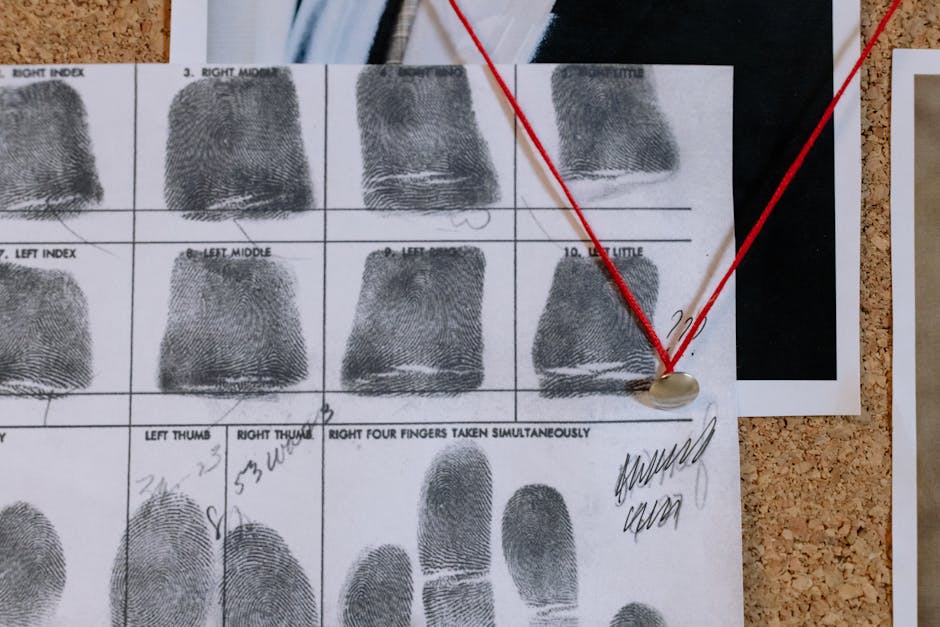
Understanding the Exclusion of Evidence in Legal Proceedings
In the realm of legal proceedings, the exclusion of evidence plays a crucial role in ensuring fairness and justice. Evidence may be excluded from a trial for various reasons, such as violations of constitutional rights, improper collection methods, or violations of procedural rules.
One common basis for motion to suppress evidence is when law enforcement authorities violate search and seizure laws. If evidence is obtained unlawfully, it is typically subject to exclusion under the fruit of the poisonous tree doctrine, which aims to deter illegal searches.
The relevance and materiality of evidence are also important considerations. Even relevant evidence can be excluded if its probative value is substantially outweighed by the risk of prejudice, confusion, or mislead the jury.
Understanding when and why evidence can be excluded helps in comprehending the complexities of legal trials and the safeguards that protect individuals' rights. For more details, explore our comprehensive guide on evidence admissibility.
